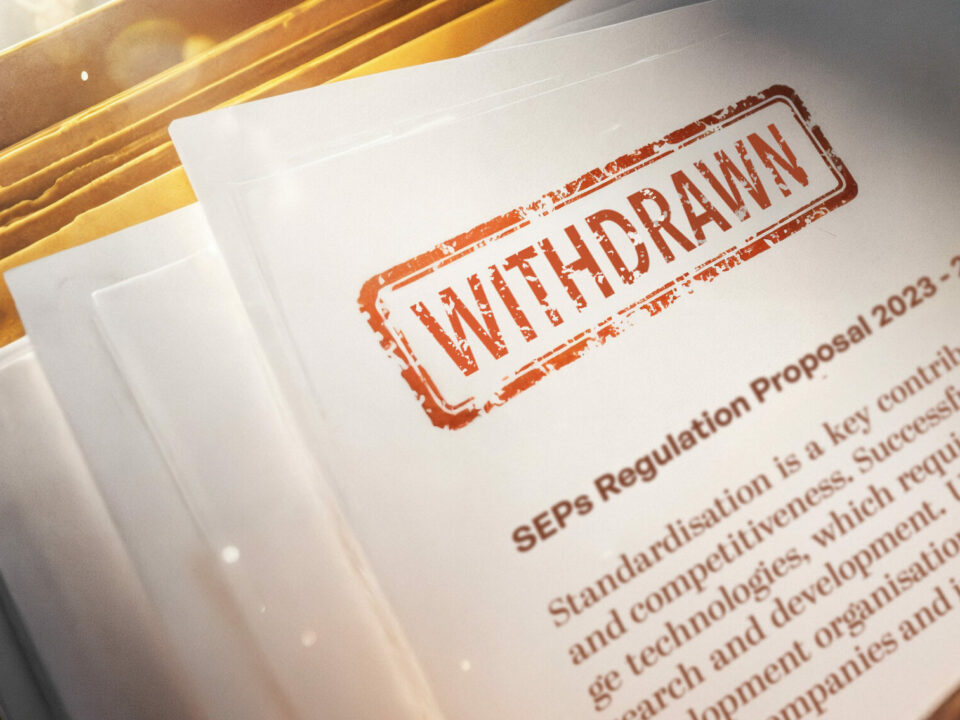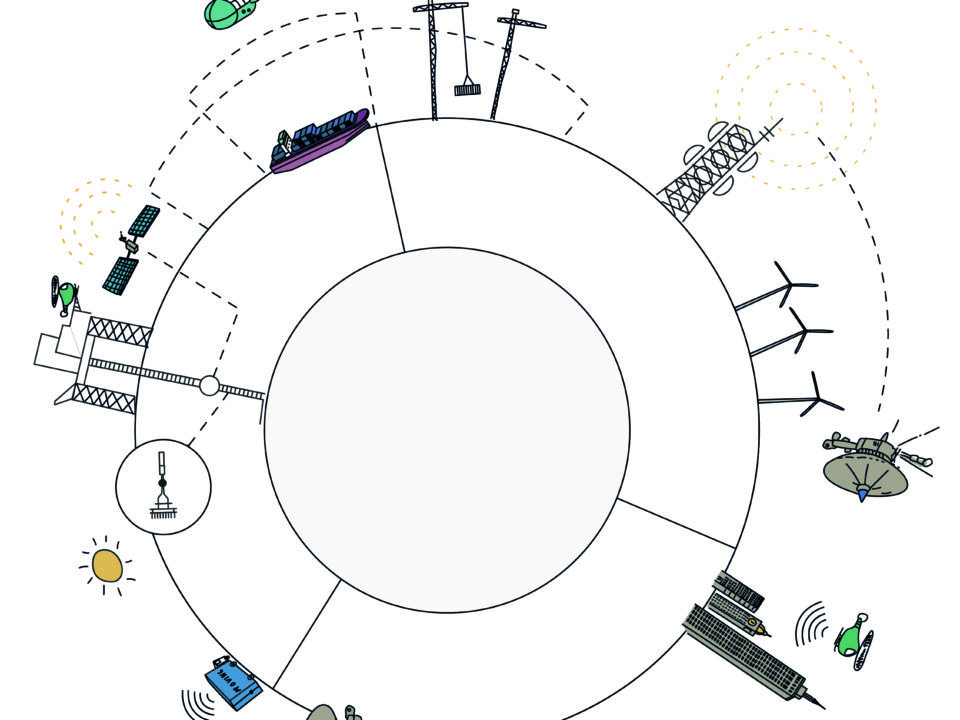Introducing the IP Europe blog
At IP Europe, we believe in the open standards method of technology development.
This approach entails companies from around the world contributing cutting-edge technology to open standards, such as the mobile wireless standards developed by 3GPP. It can be contrasted with proprietary technology ecosystems. These are closed systems developed and controlled by a limited number of gatekeepers.
Open standards allow smaller and less powerful companies to collaborate and achieve the scale necessary to develop the next generation of mobile wireless standards. These open standards are an important component of European technological sovereignty and strategic autonomy and must be preserved as a vehicle for technology development.
The development of cutting-edge technologies for open standards relies on licensing with fair, reasonable, and non-discriminatory (FRAND) terms and conditions. Companies contribute their best technologies to the standards in exchange for the recognition that they will have the right to grant licences on FRAND terms and conditions and to be fairly compensated for their contributions to the standard. This FRAND licensing framework generates critical revenue for the innovators, which they re-invest in the capital-intensive R&D that is necessary to develop each successive generation of mobile standards.
The economic benefits brought by open standards are undeniable. Mobile wireless standards are incorporated into billions of devices sold annually. Initially used only in mobile phones and smartphones, the capability of the technology has rapidly increased in recent years. It has now been incorporated into important new categories of products like tablets, watches, smart meters, point-of-sale terminals, e-scooters, and automobiles.
But why have some implementers attacked the FRAND licensing regime, despite its proven track record of ensuring access to technology? The answer is simple: to improve their bottom line. Many implementers view FRAND licences as an input cost to bring down.
Implementers have organised interest groups (e.g. the Fair Standards Alliance, ACT | The App Association, and IP2Innovate). Such groups advocate for short-sighted policies that serve the interests of some implementers – but that undermine FRAND licensing and open standardisation. The demise of the open standards system would have disastrous implications for Europe’s technological sovereignty and strategic autonomy.
There are thousands of companies that build products that implement mobile wireless standards, but only a handful of companies that contribute technology to their development. Despite this, the echo of the implementers’ voice with the public, and even with regulators, can be overwhelming.
This blog aims to bring more balance to discussions regarding FRAND. With interested stakeholders, we will explore and detail how effective and efficient FRAND licensing is an important engine for developing the next generation of mobile standards.
Welcome to the IP Europe blog.
Note: While the members of IP Europe have different perspectives on a variety of policy issues, we are united in our belief that effective and efficient FRAND licensing is critical for Europe’s future.



